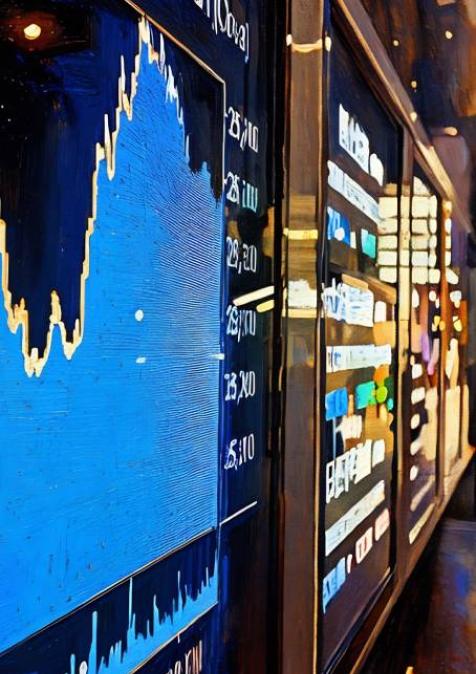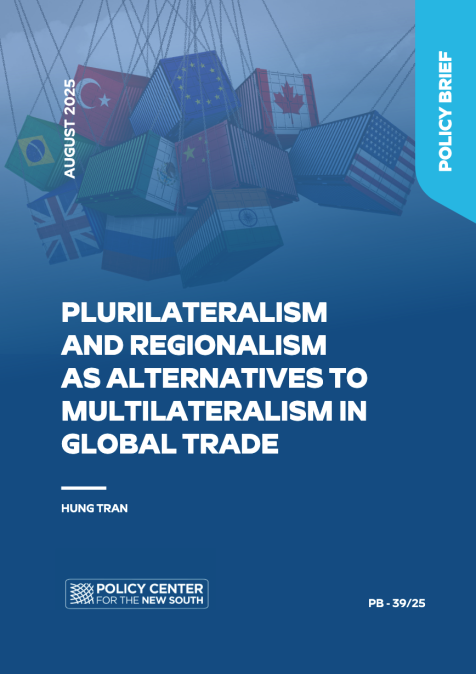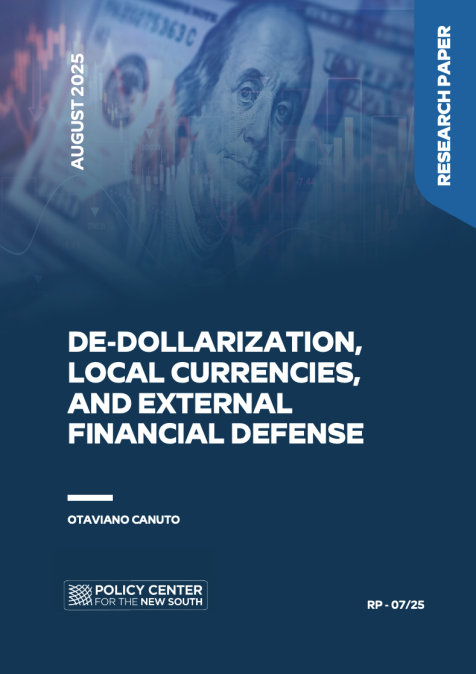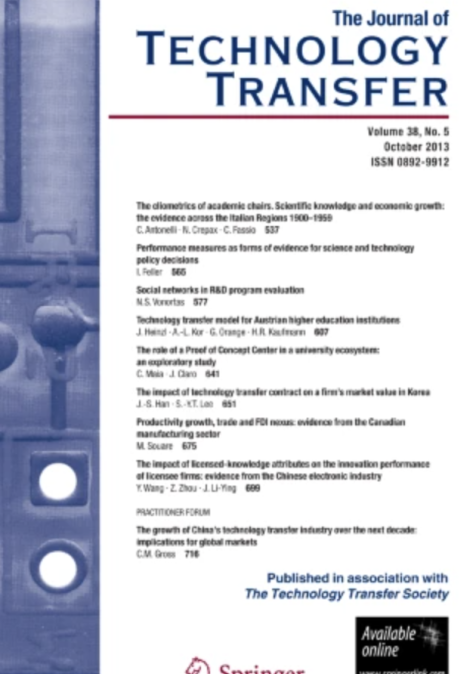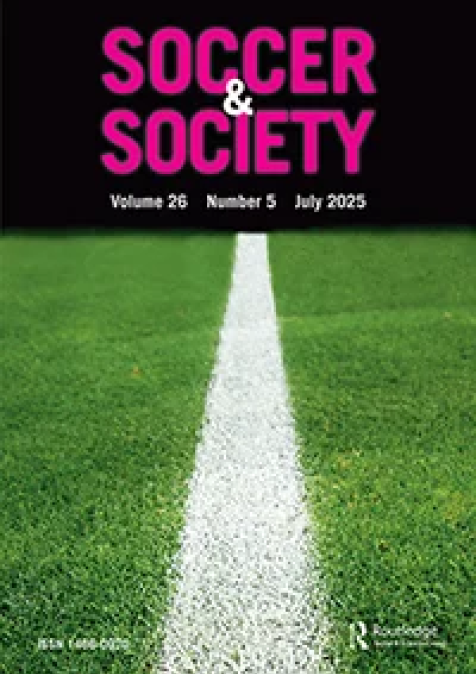Chair
- Anoop Singh, Distinguished Fellow, Centre for Social and Economic Progress (CSEP)
Introduction
- Michel Camdessus, Former Managing Director, International Monetary Fund (IMF) - Online
Discussants
- Masood Ahmed, President, Center for Global Development (CGD)
- Jean-Claude Kassi Brou, Governor, Central Bank of Western African States
- Pablo Garcia Silva, Vice Governor, Central Bank of Chile
- Julio Velarde, Governor, Central Bank of Peru (BCRP)
- François Villeroy de Galhau, Governor, Central Bank of France (BdF)
- Hiroshi Watanabe, President of Institute for International Monetary Affairs
Closing Remarks
- Bernard Snoy, Chairman, Robert Triffin International (RTI) Association

